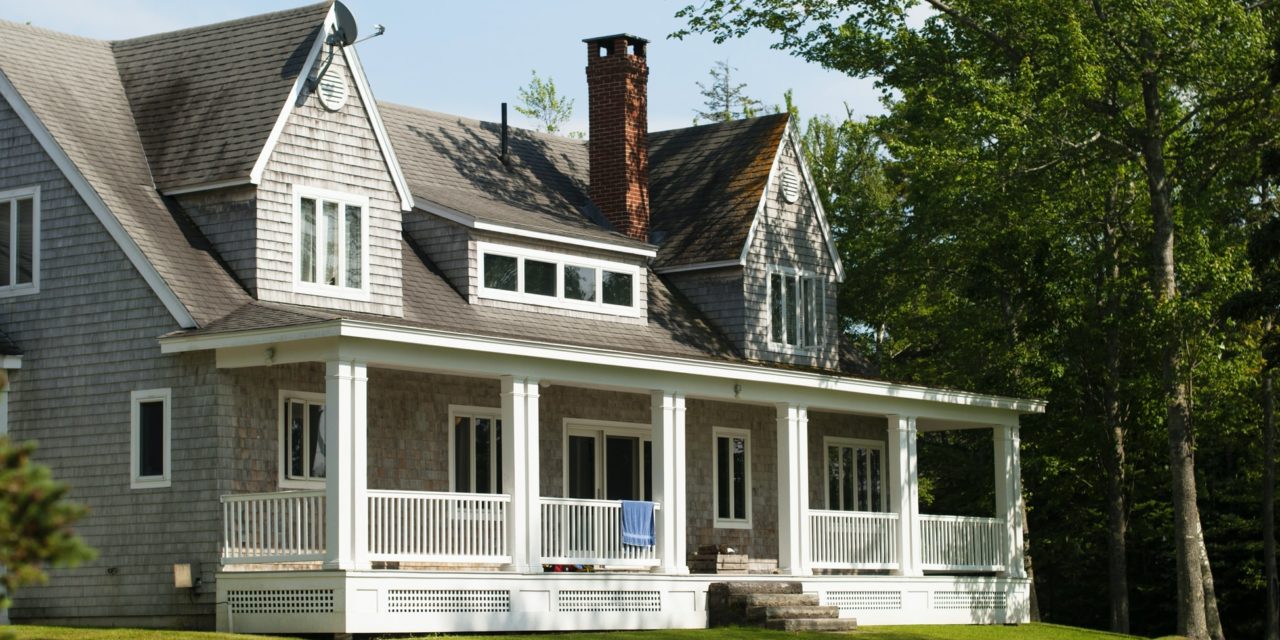[ad_1]
It appears that I have reached the point in life where I have difficulty accepting the premise that when something sounds too good to be true it almost certainly is too good to be true. Or, perhaps it's not age related but ingrained in our DNA; we want more for less, something for nothing, always searching for the deal of the century. Later living to regret it.
Every day I find myself bombarded with countless ads and emails offering everything from handy gadgets, to fabulous furniture, to complete new kitchens or bathrooms, all at ridiculously low prices. As hard as I try to avoid even glancing at these limitless offerings my fingers pay no attention to my brain. Taking on a life of their own, they click to open every offer that has managed to avoid my spam or junk folder. And each time I succumb to the lure of the must have LED flashlight with built-in can opener, that's “cheap at half the price”, I am disappointed yet again. Why don't I learn?
I saw a young woman on TV who totaled her car, which she had named BRAD (while insured by a company that we should switch to immediately). I think she took her settlement and created a web-site named after Brad that offers terrific DEALS, but only if you act very quickly. Most of this stuff is too good to be true, or too cheap to be good. But that doesn't stop us. I purchased a set of outdoor furniture (some assembly required); six chairs and two foot rests, guaranteed not to rust for a year. I'm too embarrassed to reveal how low the price was. It took two full days to assemble, after a two-week wait for the missing parts to be shipped from California. The rust started 31 days after initial delivery. Company policy: 30 day return. Informed I was out of luck for return, but since the warranty was good for a year, I could ship the assembled chairs back to California (small print: at my own expense) to get a replacement. After calculating that shipping the assembled chairs would cost three times the initial cost of the product, I now live with the rust.
But did I learn? Apparently not much, although my resistance to these offers is gradually building. And, speaking of building, the same holds true with remodeling. Ads for incredibly low-priced cabinets and countertops are springing up all over. Often the cabinetry and counters are imported from overseas, in countries where they have no scruples or standards. We have no way of knowing what harmful chemicals are in these products and what dangerous gases will permeate our home environment once they are installed. But by then, it's too late, the damage is done, and we're pushing up daisies (that never grew because we ordered them from a cheap mail order catalog).
Common Sense: There is a legitimate range of prices for any product or project, so beware of preposterous deals that don't sound plausible. Every time I've succumbed to the deal of the century, be it for a lawn chair or a new computer program that will fix everything, I've regretted it. As attractive as low bids are, especially when coupled with big promises, they should raise a red flag.
Do your research! Check reviews and referrals and use your common sense! In the case of remodeling, make sure you select a qualified firm for your project, whose business and financial capabilities, past performance and reputation guarantee that you will get a job done well, with products that will perform as promised. I'm not saying that you can't find bargains, but remember, if it sounds too good to be true, it probably is, and you just may end up living with the rust.
[ad_2]
Source by Paul Bookbinder


